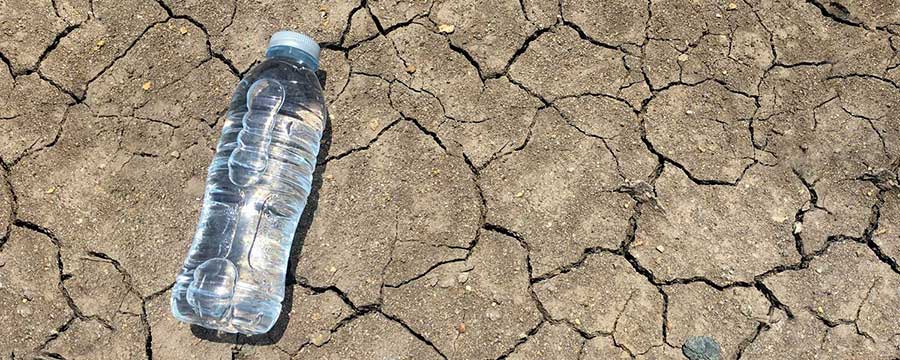As said by Leonardo Da Vinci, “Water is the driving force of all nature”, and we all know without water, we cease to exist. It’s the essence of life. But the amount of usable water is decreasing each year in some countries around the world and unfortunately, our beloved Tunisia is one of them.
The crisis:
Residents are suffering from water supply cuts which can take hours. This is much worse for non-coastal regions, they undergo these water cuts for as long as days. This is a sign, a warning of a thirst uprising in Tunisia.
On the 29th of July 2018, a region in Kairouan endured a 48-hour water cut. Residents are freaking out, asking for answer, for solutions but they got no answer from the government, only a request for patience and tolerance.
People living in Nefza in the region of Beja, also register a terrifying level of water scarcity. Residence go longs hours every day without usable water along with the excessive heat that sometimes reaches 45°C.
And now to our third and most ironic example, Zaghwen, “the city of water” is facing a distinctive water shortage that has been going on since the 26th of July 2018. Residents are angry, frustrated and freaked out by this catastrophe to the point that they cut down the road leading to Hamamet just to draw the attention of the government.
These are just few examples, many more people and villages are suffering from the lack or non-existence of clean water.

Nefza, Beja in July 2018.

Main water source for a village in Tunisia.

The journey to search for water.

A water source for a village in Jandouba, Tunisia.

A dam of water in Zaghwen Tunisia, July 2018.
The cause:
This year has been a hard year for Tunisia’s water resources considering the fact that the rainfall –Tunisia’s main water source- was down by 30-40%. Climate and geographical features influences 80% of water scarcity.
Even with these causes, it shouldn’t have been this bad but the Tunisian government is well known for terribly handling situations. This year, water scarcity was well predicted yet there was nothing to be done to prevent at least some of the casualties; only the demands to pray for water and the ineffective way of urging people to use less water.
Things to be done:
The government should encourage Tunisians to see water as the valuable resource it is. The water conservation system should be more developed and better monitored.
The government should also ensure an equitable division of water resources for all regions in Tunisia allowing the majority of inhabitants adequate water resources. It is highly unfair that people in some regions get the chance to swim in pools while other don’t even have clean drinking water.


Share your thoughts